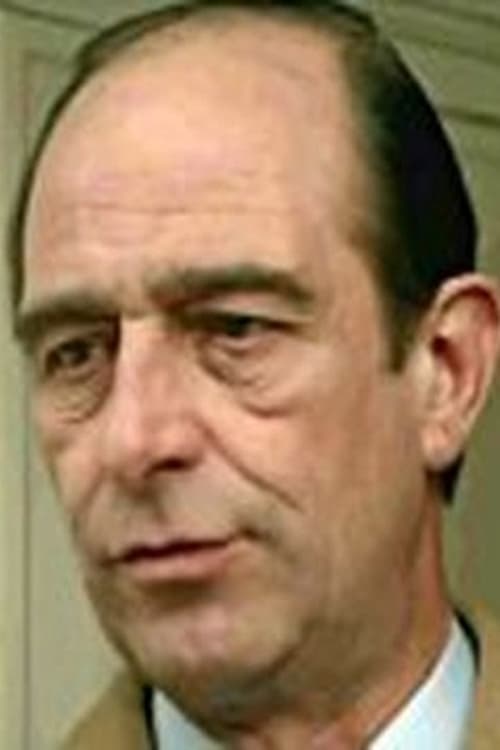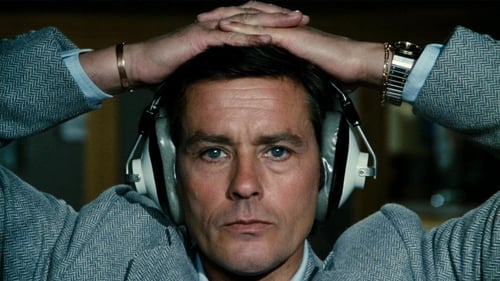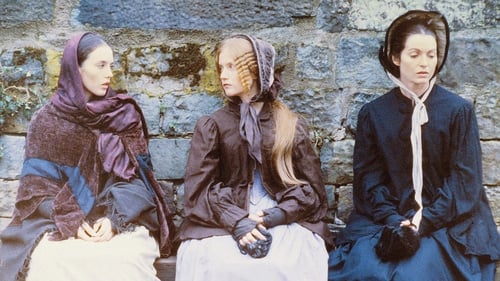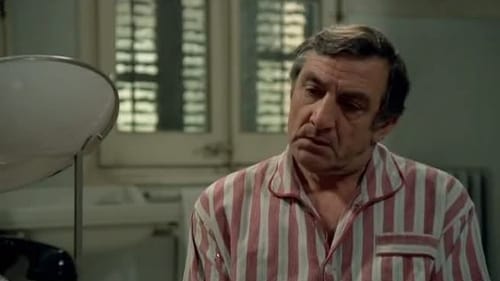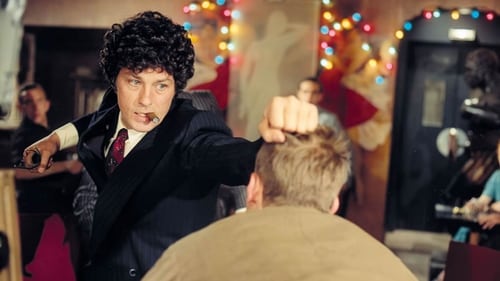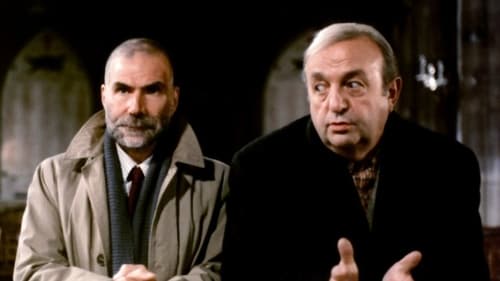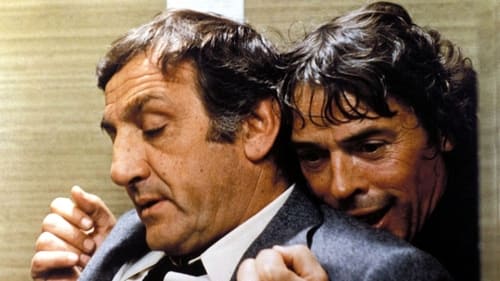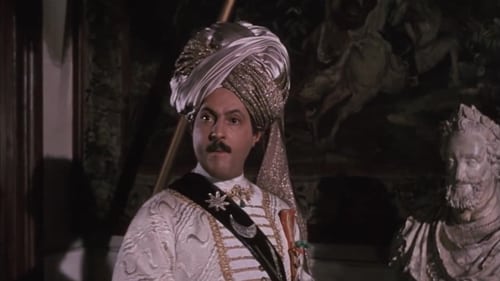Xavier Depraz
出生 : 1926-04-22, Albert, Somme, France
死亡 : 1994-10-18
略歴
Xavier Depraz, né Xavier Marcel Delaruelle (22 April 1926 – 18 October 1994) was a French opera singer and actor.
Born in Albert (Somme), Depraz was a bass at the Paris Opéra until 1971. He took part in the premieres of operas by Marcel Landowski and Sergei Prokofiev. He also appeared as an actor, first on television, where he played the role of Ursus in The Man who laughs by Jean Kerchbron, then on the big screen.
Depraz entered the Conservatoire de Paris in 1947 where he attended the classes of Fernand Francell for singing, Louis Musy for the stage and René Simon for theatre. He participated in the premieres of several operas: Marcel Landowski's Le Rire de Nils Halerius (1951) and Le Fou, Poulenc's Dialogues des Carmélites and, in concert version, Prokofiev's The Fiery Angel (1954). In the 1953 Paris premiere of The Rake's Progress at the Opéra-Comique Depraz was "a splendid Nick Shadow". He also sang in Bartók's Bluebeard's Castle, Verdi's Rigoletto, Mozart's Don Giovanni, Massenet's Don Quichotte and Thaïs among others. For his appearance as Méphistophélès in Monte Carlo in 1959 one reviewer commented "Xavier Depraz, immensely tall, and surprisingly thin and angular for an operatic bass, produced a suitably resonant and cavernous voice, and histrionically was satisfyingly demonic".
He also appeared at the French provincial opera houses, Glyndebourne and Venice, and was appointed a professor of opera at the Conservatoire de Paris in 1973.
In 1971, he began a career as an actor in film and television.
His recordings include Une éducation manquée (Pausanias), Les Pêcheurs de perles (Nourabad), Romeo et Juliette (Frère Laurence), Carmen (Zuniga for Beecham and Haitink), Renard, Dialogues des Carmélites (Le Marquis de la Force) and the Duruflé Requiem.
Depraz died in Saint-Étienne-de-Saint-Geoirs (Isère) on 18 October 1994.
Source: Article "Xavier Depraz" from Wikipedia in english, licensed under CC-BY-SA 3.0.
